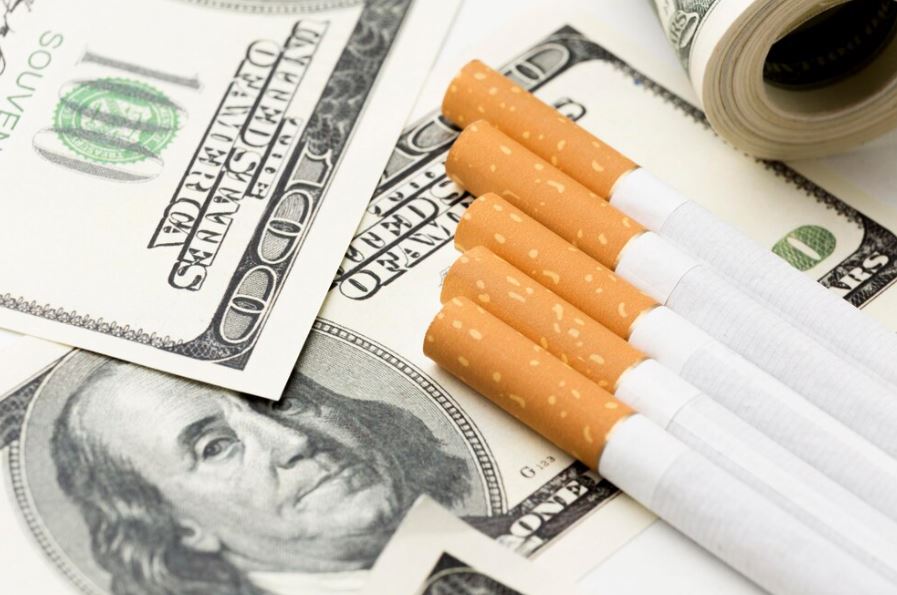Tobacco use is a global public health concern, and governments worldwide have implemented various measures to address its detrimental effects. Among these measures, tobacco taxes and regulations play a vital role in curbing tobacco consumption, reducing health risks, and generating revenue. This blog post delves into the economic and legal landscape surrounding tobacco taxes, highlighting their impact on public health and exploring the intricate relationship between taxation policies and tobacco control measures.
The Economic Impact of Tobacco Taxes:
Tobacco taxes have proven to be an effective tool in reducing tobacco consumption. By increasing the price of tobacco products, taxes discourage individuals from starting or continuing their smoking habit. Consequently, this reduction in demand can lead to improved public health outcomes, as smoking-related diseases and associated healthcare costs decrease. Additionally, taxes generate significant revenue for governments, which can be allocated towards healthcare programs, public awareness campaigns, and smoking cessation initiatives.
Legal Framework and Regulations:
Tobacco taxation is implemented through a legal framework that varies across jurisdictions. Governments have the authority to regulate the manufacturing, distribution, marketing, and sale of tobacco products, ensuring compliance with health and safety standards. These regulations encompass advertising restrictions, age restrictions, and packaging requirements, among others. By implementing these measures, governments aim to protect consumers, especially the youth, from the harmful effects of tobacco and create a supportive environment for those seeking to quit smoking.
Balancing Economic and Public Health Objectives:
While tobacco taxes have proven effective, policymakers face the challenge of striking a balance between economic objectives and public health goals. On one hand, higher taxes can lead to reduced tobacco consumption and improved public health outcomes. On the other hand, excessive taxation may lead to unintended consequences, such as increased illicit trade and the growth of black markets for tobacco products. It is crucial for governments to carefully consider the optimal tax rates and ensure effective enforcement mechanisms to prevent illegal activities.
International Cooperation and Best Practices:
The fight against tobacco extends beyond national borders, and international cooperation is crucial. Governments can collaborate to share best practices and learn from successful strategies implemented by other countries. Organizations like the World Health Organization (WHO) provide guidance and support to countries in developing comprehensive tobacco control policies. By learning from each other’s experiences, governments can enhance their tobacco tax and regulation systems, leading to improved public health outcomes globally.
Conclusion:
Tobacco taxes and regulations, including those governing tobacco processing, play a critical role in reducing tobacco consumption, protecting public health, and generating revenue. The economic impact of tobacco taxes is significant, as they deter individuals from smoking while providing governments with resources to invest in public health initiatives. Moreover, these taxes support the implementation and enforcement of regulations that ensure the safety and quality of tobacco processing practices.
Striking a balance between economic objectives and public health goals remains a challenge in the realm of tobacco control. However, with international cooperation and the exchange of best practices, governments can continue to improve their tobacco control measures, including those related to tobacco processing. By fostering a supportive environment and implementing effective policies, societies can work towards reducing the harm caused by tobacco, both in terms of consumption and during the processing stages, and create a healthier future for all.






Your article helped me a lot, is there any more related content? Thanks!
Thanks for sharing. I read many of your blog posts, cool, your blog is very good.